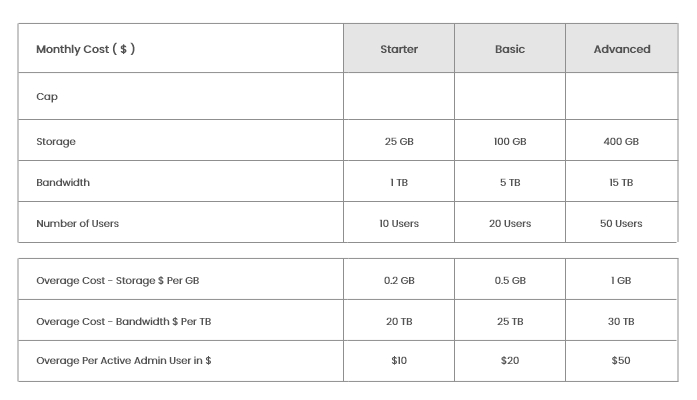



Google explains how to export bulk data from Search Console
The new bulk data export function in Search Console allows for the examination of massive data sets using Google...
Daniel Waisberg, a Google Search Advocate, recently gave a detailed video on bulk data exports, a function that allows you to export, save, and analyze Search Console data.
This innovative solution outperforms capacities and simplifies the management of massive data volumes.
This is how.
A Summary of Current Data-Exporting Solutions
Waisberg reviewed the existing techniques for exporting Search Console data before creating the bulk data export option.
The user interface is the most accessible method. With a single click of the export button, you can easily export up to 1,000 rows of data.
Looker Studio and the API provide options for anyone that need to handle big amounts of data. Both channels allow you to export up to 50,000 rows of performance data, URL inspection data, sitemaps, and site data.
The Introduction of Bulk Data Export
Bulk data export is the last and most advanced technique of exporting data from the Search Console.
This one-of-a-kind tool allows you to retrieve massive amounts of data from Google BigQuery with no row restrictions. This is useful for huge websites with many pages or high traffic.
According to Waisberg, "a bulk data export is a daily scheduled export of your Search Console performance data." It contains all of the information utilized by the Search Console to generate performance reports. Data is exported to Google BigQuery, where it can be analyzed using SQL queries or exported to another system."
Configuring Bulk Data Export
Bulk Data Export, due to its complexity and power, necessitates a prior understanding of the Google Cloud Platform, BigQuery, and Search Console.
Be aware that using this tool may incur expenditures, so it's critical to weigh the options before starting a new export.
A mass data export requires the use of Google Cloud and Search Console.
The first step is to use Google Cloud
First, navigate to the relevant project in Google Cloud and enable the BigQuery API.
- Open the Google Cloud Console and navigate to the project to which you're exporting data.
- Go to APIs & Services > Enabled APIs & Services and activate BigQuery API if it isn't already enabled.
- Navigate to IAM and Admin, then click + GRANT ACCESS and enter search-console-data-export@system.gserviceaccount.com in the New Principals field.
- Give this account two roles: BigQuery Job User and BigQuery Data Editor, then save.
Second Step: The Search Console
Complete the following steps in Search Console:
- Select Settings > Bulk data export.
- In the Cloud project ID field, enter your Google Cloud project ID.
- Select a dataset name. 'searchconsole' is the default.
- Determine the location of your dataset. This cannot be modified later.
- To begin the exportation, click Continue. The first export will occur within 48 hours of successful configuration.
- Set a partition expiration after table formation if necessary, but avoid schema changes.
- Use the Search Console API or reports for historical data prior to the initial setup.
Data Export Monitoring and Management
The new data export solution includes an integrated functionality that allows you to monitor data exports using BigQuery. An export log table, for example, can be used to track exports.
It should be noted that unless you set an expiration time, data will accrue continuously. The export procedure will continue until either manually deactivated or Search Console encounters problems.
Search Console will alert all property owners if there are any issues.
Conclusion
Finally, the bulk data export tool can help you manage vast amounts of Search Console data more effectively.
Stay watch for upcoming Google content that will go deeper into processing data after exporting it and recommended practices for extracting data from BigQuery.
Hocalwire CMS allows you to track author metrics, submit a story for review, and publish in the production process. The platform allows for the localization of material published in regional languages and for audiences from various demographics. Make URLs, Meta Tags, Keywords, Subheadings, and Title Tags that will help web crawlers rank your content higher. If you're searching for one, schedule a demo of Hocalwire CMS by booking a time.

